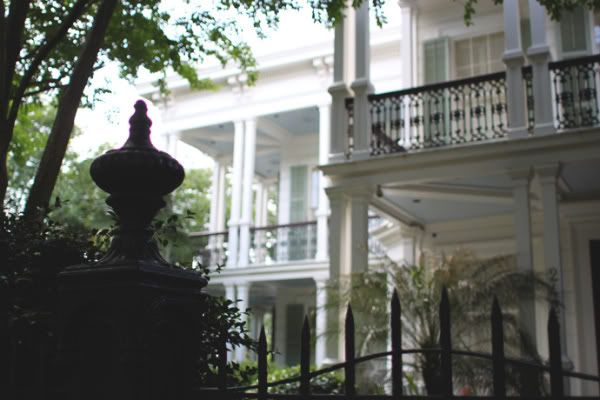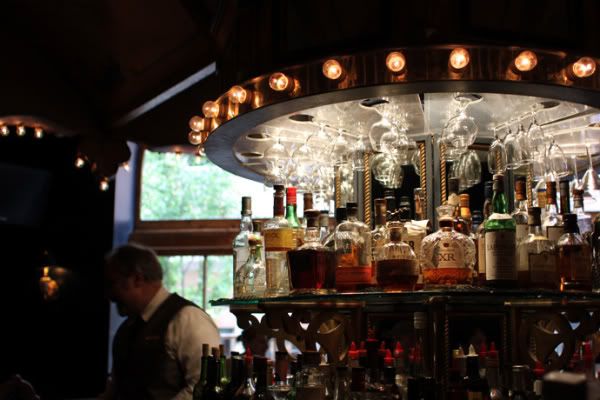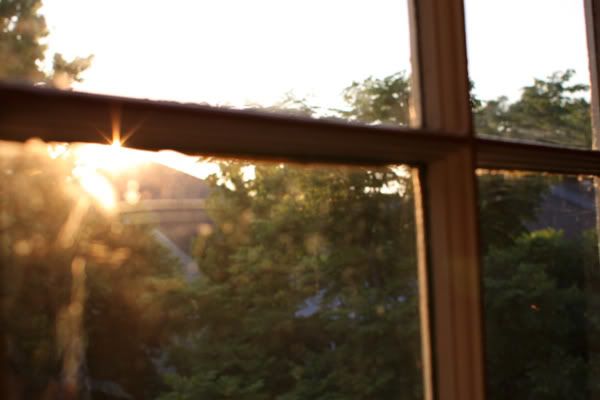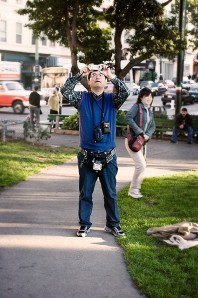As of this posting, I’ve written a total of 10 parts answering the ‘You know Korea is your home when…’ question. While you’re welcome to check out part 1, part 2, part 3, part 4, part 5, part 6, part 7, part 8,, part 9, and part 10, I’ve added a point system in place to help you determine how ‘home’ Korea has become. Grab a pen and paper and play along!
Without further ado:
Give yourself 5 points for every statement that fits.
You know Korea is your home when…
1. You look both ways before crossing the sidewalk.
2. You’re not surprising can actually make a call while on the subway, in the subway station, in the elevator, or while on water
3. Hearing a language other than Korean or English almost shocks you.
4. You have zero moral guilt about hopping the turnstile to change directions.
5. You create your own Korean slang.
6. You love the watery eyes or flushed look Koreans sometimes get when they drink.
7. You’ve visited 3 of more of the palaces in Seoul, and they all look alike.
8. Pink isn’t just for girls anymore.
9. When kids walking or riding the subway by themselves no longer worries you.
10. You’re no longer tempted to reach into the fish tanks outside of restaurants and grab one.
Total x 5 = ____
Give yourself 10 points for every statement that fits.
You know Korea is your home when…
1. You’re no longer surprised by the TV’s in vending machines, buses, or subways.
2. You become oblivious to Koreans staring at you
3. You see a product with no Korean on it and you do a double-take.
4. You use the sound of construction at 8am as your alarm clock.
5. Someone asks you where you’re from and you say somewhere in Korea.
6. You chase the guys in suits away to sit in the plastic chairs outside of convenience stores.
7. When you think it’s fashionably acceptable to wear a shiny tie with a shiny suit.
8. When you finish your kimchi and ask for more.
Total x 10 = ____
Give yourself 20 points for every statement that fits.
You know Korea is your home when…
1. Pigs promoting pork products no longer seems unusual.
2. When you know all the choreography to a K-pop song.
3. You travel somewhere in Korea that your Korean coworkers have never heard of.
4. You know a two-transfer trip across town will take exactly 47 minutes.
5. You accept the fact that seven-year-olds often have nicer cell phones than you do.
Total x 20 = ____
Give yourself 30 points for every statement that fits.
You know Korea is your home when…
1. When you have mastered the Korean squat.
2. You’ve seriously thought about marrying a Korean just to get the F-2 visa.
3. You go to a Western restaurant and ask ‘where’s the kimchi?’
4. You can transliterate an English word to Korean (or vice versa) without a second thought.
5. You move away and begin to miss the ‘four distinct seasons’ Korea used to offer you.
Total x 30 = ____
Give yourself 50 points for every statement that fits.
You know Korea is your home when…
1. You can type in hangeul better than English.
2. You keep a toothbrush in your desk at school
3. Your gadgets / technology make a Korean feel inadequate.
4. You hit your legs or hips to loosen them up.
5. You know how to make kimchi without needing directions.
Total x 50 = ____
Total them all up! Maximum possible points: 500.
If your score is…
Less than 20: Yikes – has someone been holding a gun to your head? Unless you just got off the plane, it’s time to live a little. Try the kimchi or the local beer, and make a couple Korean friends.
21 – 80: You’re well on your way to making Korea home, and might want stick around a bit longer. Scoring in this range may also mean you’re fighting integration into a new culture; it’s important to remember your own culture, but you have to integrate at least some parts of your life here.
81 – 150: You’ve likely survived one contract, lived to see a second, and may be debating a third or fourth. It might be time for a brief vacation elsewhere, but Korea has become home.
151 – 250: You’ve learned some Korean and you co-exist with the locals – nice job. You might still be adapting some elements of Korea or you might have consciously chosen to keep some of your own country’s habits and lifestyles. Either way, your Korean girlfriend or boyfriend is probably proud of you.
251 – 350: You might be wondering if you’ll ever leave Korea, or if you would recognize any of your friends back home. Fair questions, but reaching this level means you probably don’t worry about either of those very often.
351 – 500: Congratulations – whether by sheer force of will, being married to a local, or a sincere love of the country, Korea has become your home. You still have a passport from your home country, though it’s been awhile since it saw the light of day.
 © Chris Backe – 2011
© Chris Backe – 2011
This post was originally published on my blog,Chris in South Korea. If you are reading this on another website and there is no linkback or credit given, you are reading an UNAUTHORIZED FEED.
Share on Facebook












 RSS Feed
RSS Feed


Recent comments